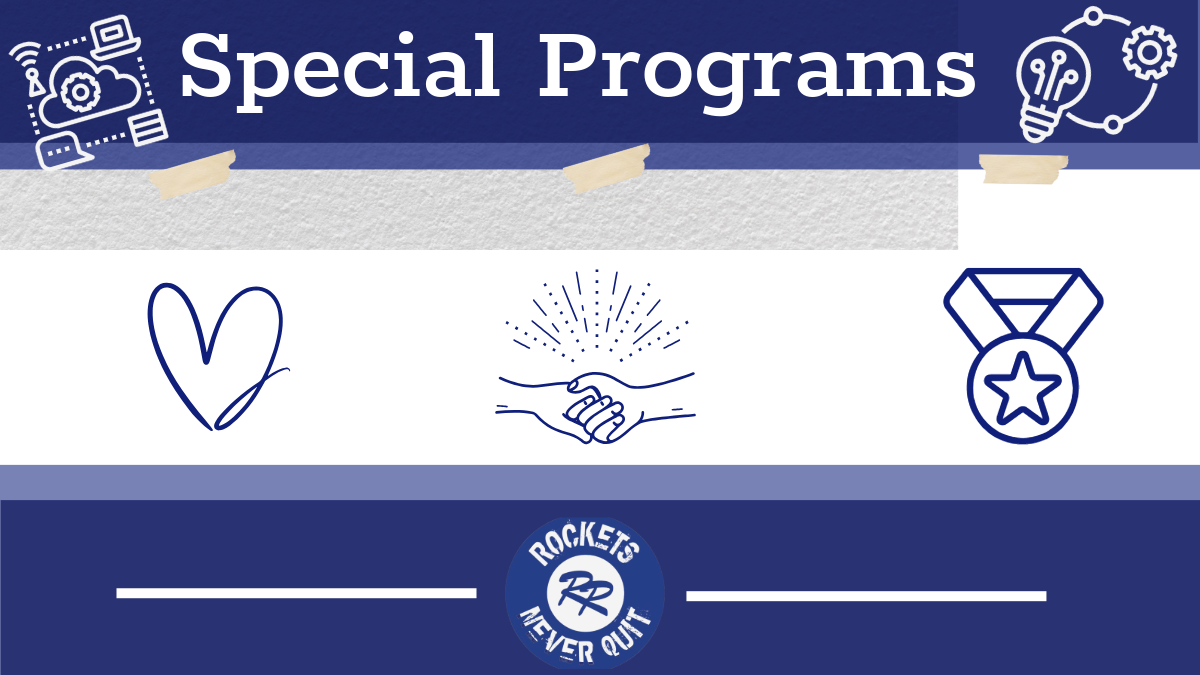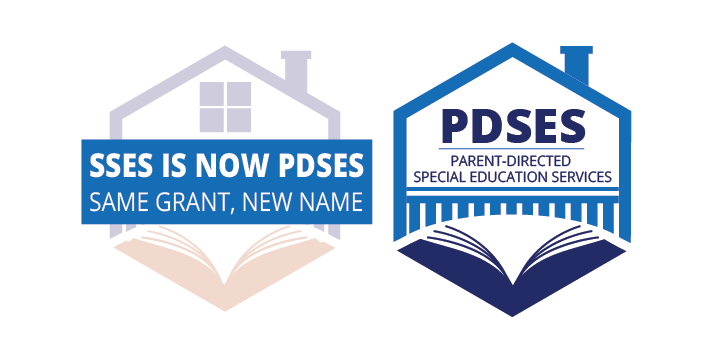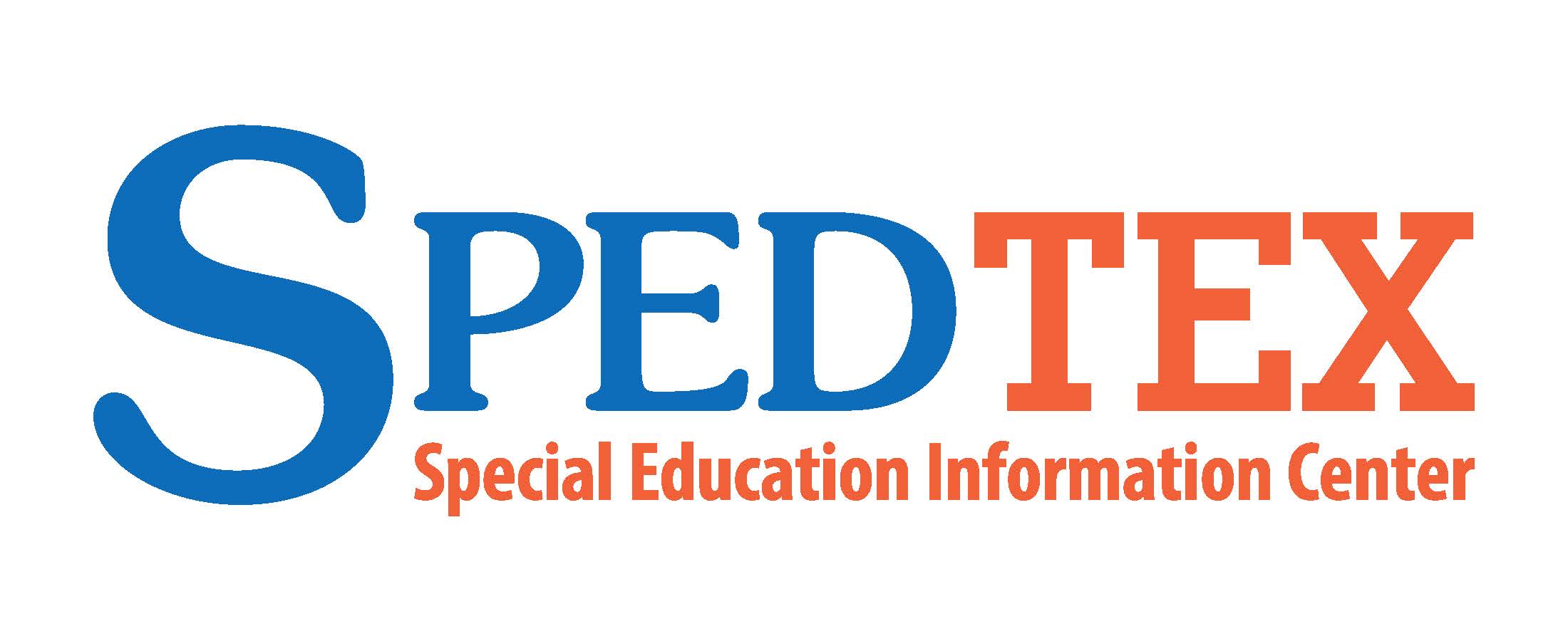
Special Programs include:
Special Education Services
Dyslexia Services
504 Services
Services for Homeless & Foster Care

The PDSES program is the same as the SSES program, just with a new name to better reflect the importance of parents as decision-makers in the educational process, Parent-Directed Special Education Services (PDSES).
The eligibility for the PDSES Program has not changed and it is still a one-time grant; if a family has previously received an SSES grant they are not eligible to apply again. These funds are online funds for eligible students. To be eligible for the PDSES grant, students must currently be enrolled in a Texas public school in grades PreK - 12th and be a student with a disability served through Special Education. Families can use the online account funds to obtain special educational resources and supplies, devices and/or services such as additional speech therapy or physical therapy as well as other specific services. PDSES credits are available per student who qualifies. Funds are to be used to supplement what otherwise happens in school to help students continue to make educational progress. The application will open in Spring of 2026.
More information can be found at:
The link to a frequently asked questions (FAQ) document regarding these funds is:

The Special Education Information Center (SPEDTex) provides resources and interactive features for increasing family awareness of disabilities and special education processes, with the goal of improving partnerships between schools and families.
Contact information: Phone: 1-855-773-3839
Email: inquire@spedtex.org

ROBINSON ISD SPECIAL EDUCATION PROGRAM
Robinson ISD is ready, willing and able to identify and serve all children with disabilities residing within its jurisdiction who are in need of special education and related services. Parents of students in Robinson ISD may request a referral for a special education evaluation Full Initial Individual Evaluation – FIIE) at any time, regardless of whether the student is receiving interventions through a Multi-Tiered Support System (MTSS) or instructional support through other means. This request can be made to the student’s classroom Teacher, campus Counselor and/or Campus Administrator. While requests can be made in person, written requests that include the student’s name, the parent’s name & signature, date, and reason for the request will ease the facilitation of the process. Multiple and varied sources of data are considered before determining whether an evaluation for potential special education eligibility is the most appropriate path for each student. This data can include classroom work samples, campus, district and/or state assessments, information from outside providers, Teachers and other campus staff as appropriate, information from Parents, classroom data, and information from the student.
Special education provides a continuum of child-centered education and supportive services to meet the needs of students with disabilities. These services are provided in combination with, or in addition to, those provided in the general education program. It ensures students with disabilities an equal opportunity for a free, appropriate public education. To the extent they will benefit, students with disabilities are educated with their non-disabled peers in the least restrictive environment. The specific educational needs of the student, rather than his/her disability, determine the type of instructional services and related services provided.
In order for a student to qualify for special education services, he/she must have a disability and must demonstrate a need for specialized, individualized services and/or supports as determined through consensus by members of the student’s ARD Committee. Below are the disability categories established by the Texas Education Agency for students ages 3-21:
Other Health Impairment (OHI) Orthopedic Impairment (OI)
Intellectual Disability (ID) Emotional Disability (ED)
Specific Learning Disability (SLD) Speech Impairment (SI)
Multiple Disabilities (MD) Autism (AU)
Deaf-Blind Impairment (DB) Traumatic Brain Injury (TBI)
Visual Impairment (VI) (this eligibility may start at birth)
Deaf or Hard of Hearing (DHH) (this eligibility may start at birth)
Non-Categorical Early Childhood Impairment (NCEC)/Developmentally Delayed
An evaluation must be conducted within the applicable timeline unless RISD believes there is no data that leads to the suspicion that a child has a disability and is not in need of special education services. If, based on a review of multiple sources of data including academic performance, interventions/supports and the results of progress monitoring, RISD does not suspect the child has a disability and, denies the request for an initial evaluation, the district must:
Provide prior written notice to parents explaining why the district declines to conduct an initial evaluation that includes the information used as the basis for that decision.
Provide the parent with a copy of the Notice of Procedural Safeguards.
CHILD FIND

If your child is in public school, private school or homeschooled and you suspect that your child may be eligible for special education services, please contact the Robinson Special Programs office. Children can be referred by Parents, Legal Guardians or any other person involved in the care or education of the child.
The district must also "locate, identify, and evaluate all private school children with disabilities, including religious-school children residing in the jurisdiction of the district" in compliance with the Child Find regulations. If you suspect a child has a disability, please contact the appropriate campus (based on grade or age level) or contact the Department of Special Programs via email, phone or a scheduled personal visit.
Help is available for families with infants and toddlers who have developmental delays. The agency in Texas that provides these early intervening services is the Health and Human Services Commission (HHSC). The program referred to as Early Childhood Intervention (ECI) provides services are for children under the age of three who qualify for services based on evaluations completed by the school district.
At age three, children with disabilities may become eligible for services from a public school. Not all children who receive ECI services qualify for services provided by a public school. Therefore, at least 90 calendar days before a toddler receiving ECI services turns three years old, a meeting will be scheduled to help the family transition from ECI services to special education services, if appropriate. If the child qualifies, special education services must be made available to the child on his or her third birthday. Beyond ECI is a publication that contains information about the transition from the early childhood program to special education. Early Childhood Information
DYSLEXIA

Robinson ISD utilizes the Multisensory Teaching Approach (MTA) program for dyslexia instruction. All Dyslexia service providers are trained in MTA.
Powerpoint: Parent Education About Dyslexia
Informational brochures:
What is dyslexia?
What are some warning signs of dyslexia?
What are the school districts’ requirements related to dyslexia?
For answers to these and many more questions click on either of these links:

Kati Dietzman
Director of Special Programs
kdietzman@robinson.k12.tx.us

Michelle Davis
Special Programs Assessment
Administrative Assistant
mdavis@robinson.k12.tx.us

Doris Neumann
Secretary to the Director
dneumann@robinson.k12.tx.us
Phone: 254-662-4621
Fax: 254-342-2060
SPECIAL EDUCATION ASSESSMENT STAFF
Meagan Wilson, Lead Educational Diagnostician serving the Primary & Elementary campuses
Gillien Oliver, Speech Language Pathologist serving the Primary & Elementary campuses
Mandi Nix, Speech Language Pathology Assistant, serving the Elementary campus
Kasey Eby, Educational Diagnostician serving the Intermediate campus
Melissa Phillips, Educational Diagnostician serving the Junior High campus
Debbie Gerik, Educational Diagnostician serving the High School campus
SPECIAL EDUCATION INFORMATION
TEA Updates on Special Education - 2020
TEA Actualizaciones de Education Especial - 2020
Notice of Procedural Safeguards (English)
Notice of Procedural Safeguards (Spanish)
Procedural Safeguards in English - Audio Format
Parent's Guide to the ARD Process (English)
Parent's Guide to the ARD Process (Spanish)
Texas Transition & Employment Guide
Texas Transition & Employment Guide - SPANISH
ARD BUDDY (Special Education Information)
Senate Bill 139 Information from the Texas Education Agency
Compensatory Services - English
